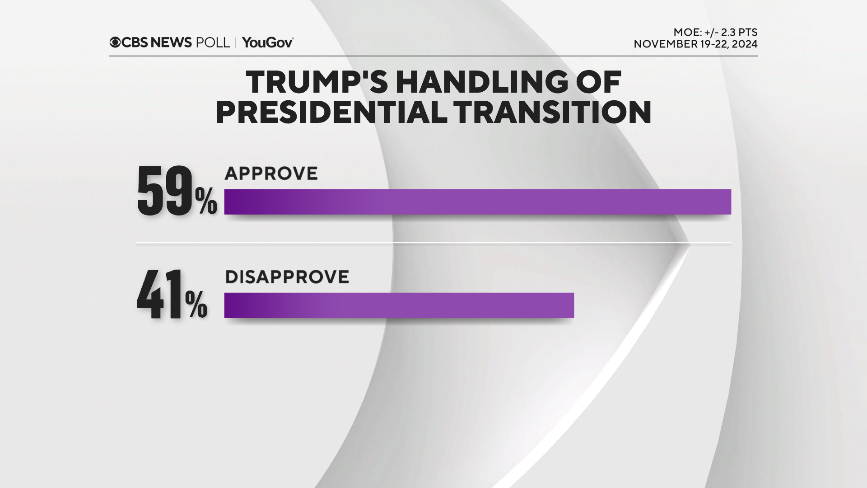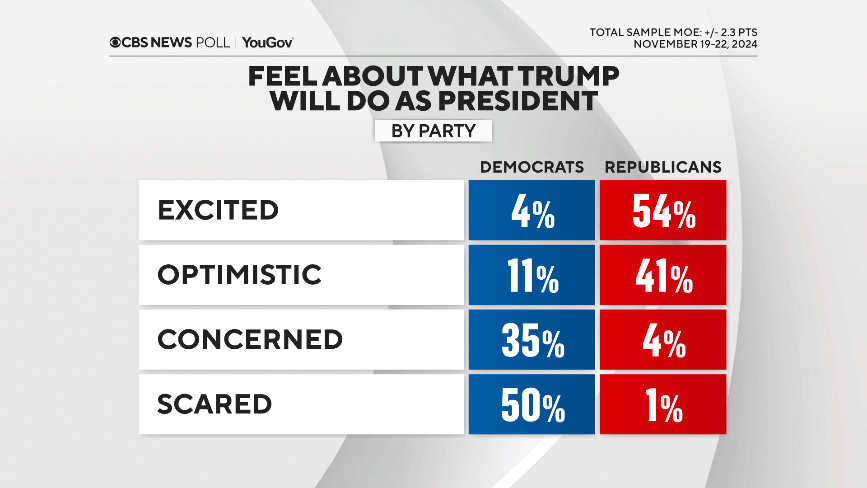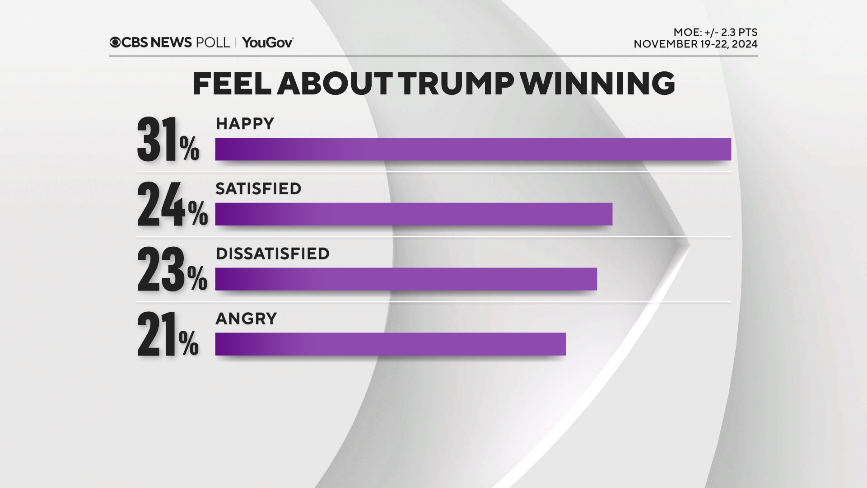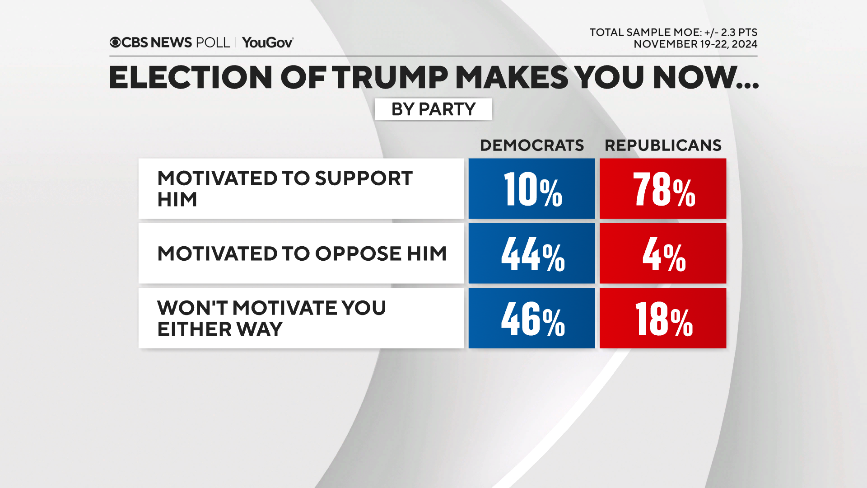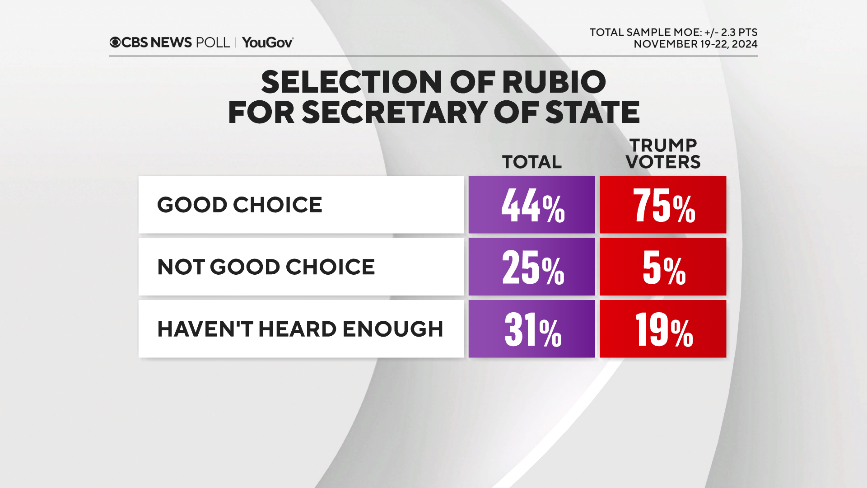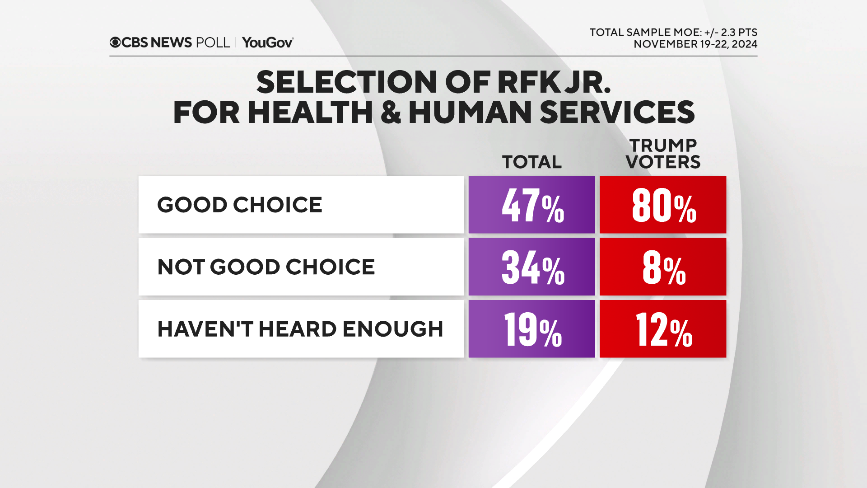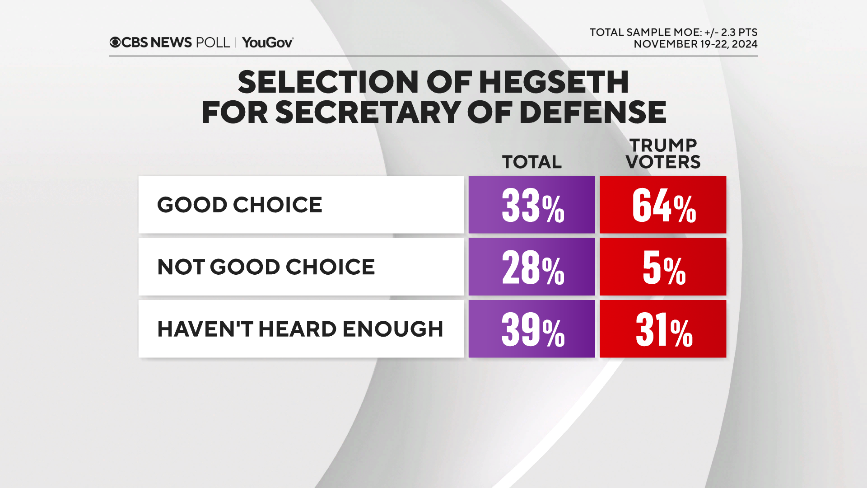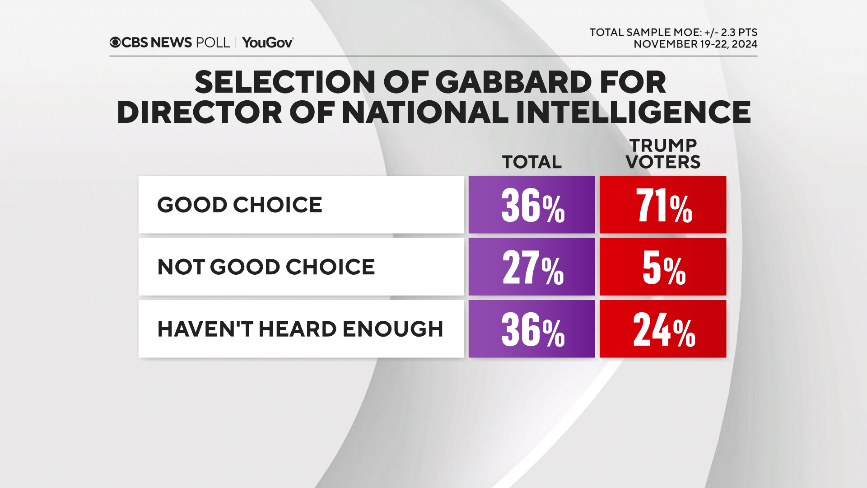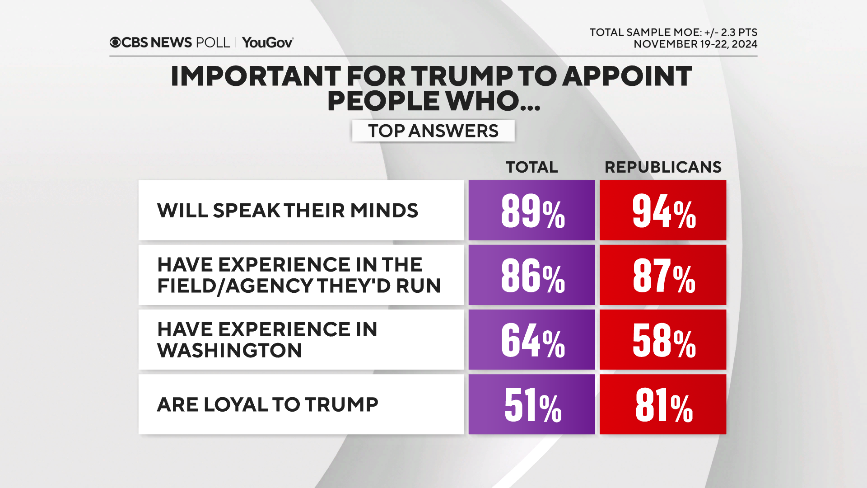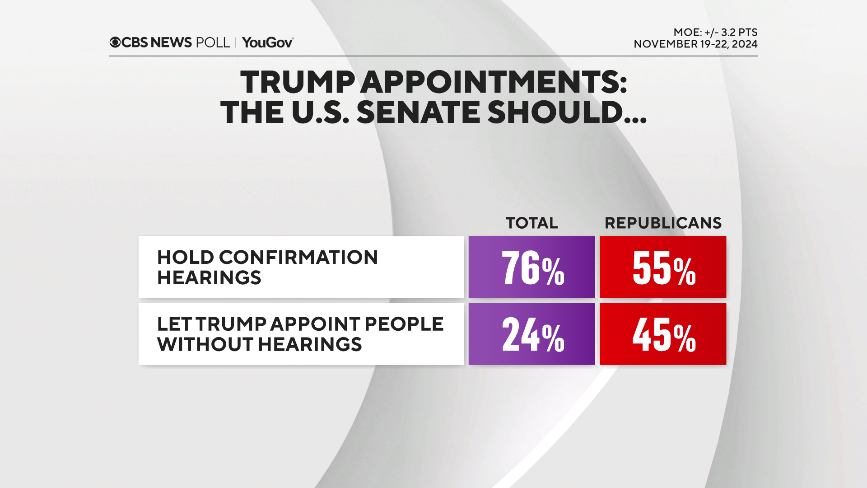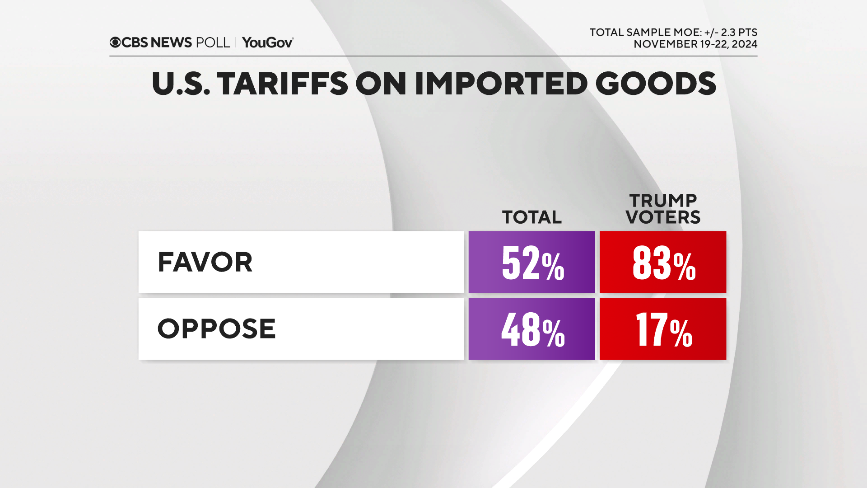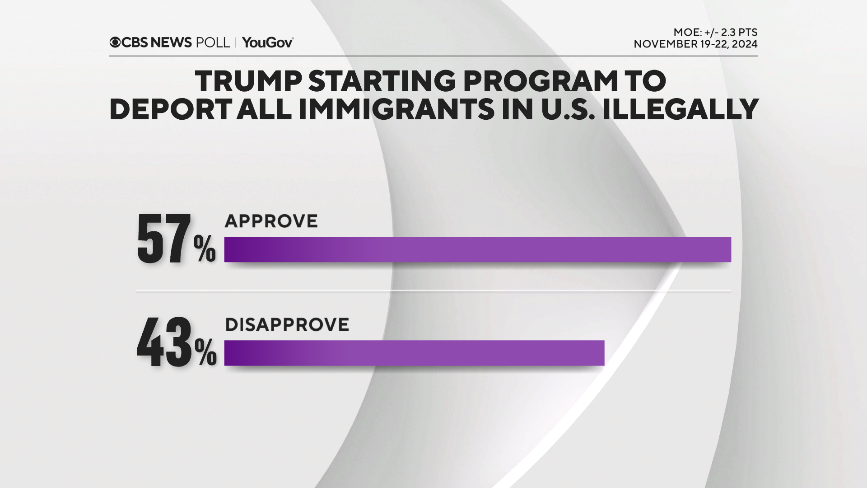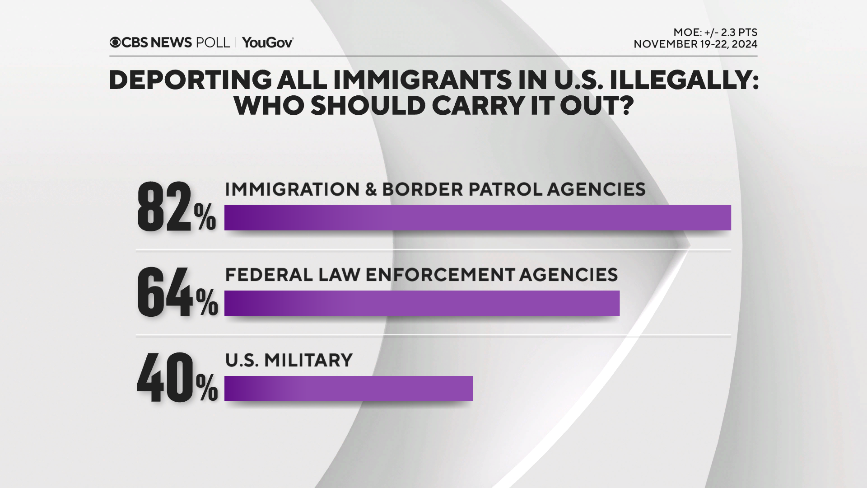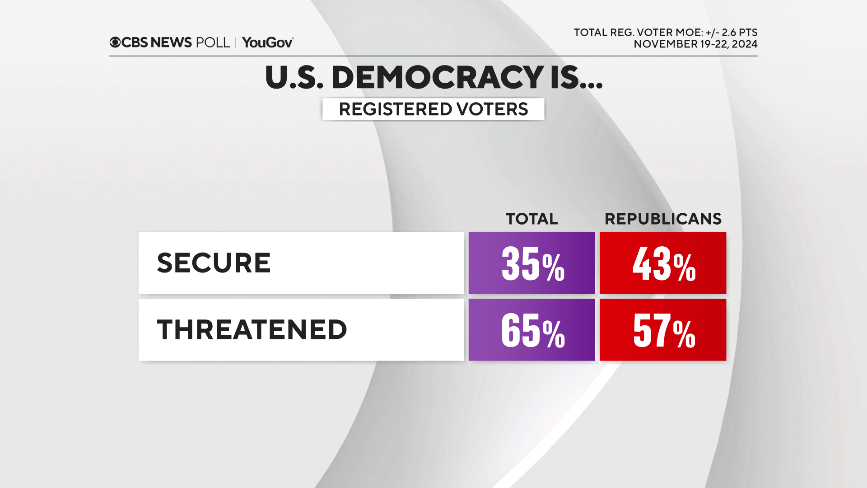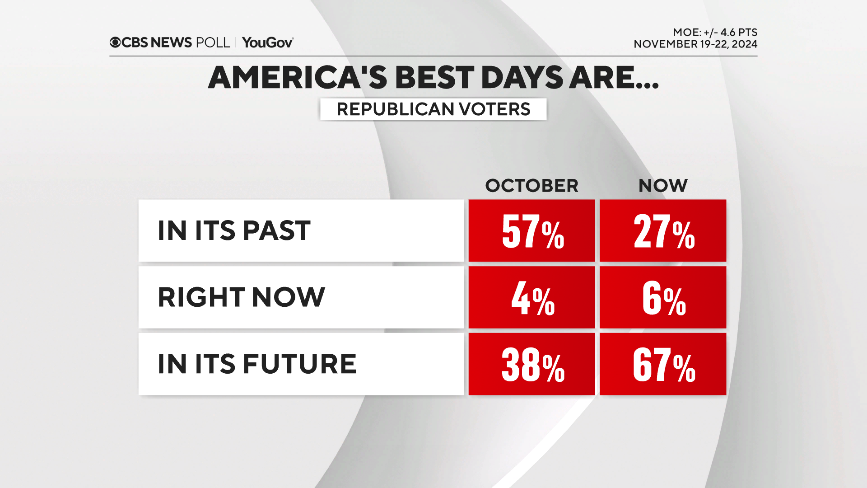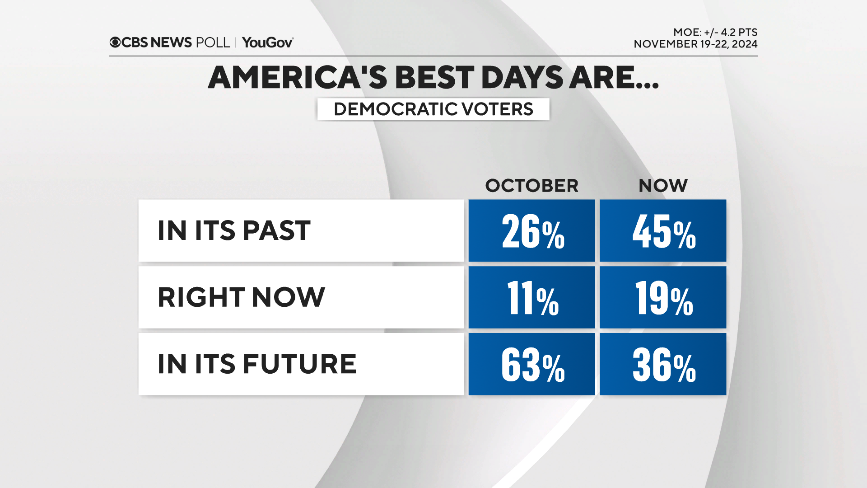CBS News
Family’s genes offer new clue to delaying onset of Alzheimer’s disease

Scientists studying a family plagued by early-in-life Alzheimer’s found some carry a genetic oddity that delays their initial symptoms by five years.
The finding points to novel ways of fighting the mind-robbing disease — if researchers can unravel how a single copy of that very rare gene variant offers at least a little protection.
“It opens new avenues,” said neuropsychologist Yakeel Quiroz of Massachusetts General Hospital, who helped lead the study published Wednesday. “There are definitely opportunities to copy or mimic the effects.”
The first hint of this genetic protection came a few years ago. Researchers were studying a huge family in Colombia that shares a devastating inherited form of Alzheimer’s when they discovered one woman who escaped her genetic fate. Aliria Piedrahita de Villegas should have developed Alzheimer’s symptoms in her 40s but instead made it to her 70s before suffering even mild cognitive trouble.
The big clue: She also harbored something incredibly rare, two copies of an unrelated gene named APOE3 that had a mutation dubbed Christchurch. That odd gene pair appeared to shield her, staving off her genetic predisposition for Alzheimer’s.
Quiroz’s team then tested more than 1,000 extended family members, and identified 27 who carry a single copy of that Christchurch variant.
But would one copy be enough to offer any protection? Those Christchurch carriers on average showed their first signs of cognitive trouble at age 52, five years later than their relatives, concluded a collaboration that includes Mass General Brigham researchers and Colombia’s University of Antioquia.
The findings, published in the New England Journal of Medicine, are encouraging, said Dr. Eliezer Masliah of the National Institute on Aging.
“It gives you a lot of comfort that modifying one of the copies could be really helpful,” at least in helping to delay the disease, he said.
Already some very early work is beginning to explore if certain treatments might induce the protective mutation, he added.
More than 6 million Americans, and an estimated 55 million people worldwide, have Alzheimer’s. Less than 1% of cases are like the Colombian family’s, caused by a gene passed through generations that triggers the disease at unusually young ages.
Alzheimer’s usually is a disease of people over age 65 and while simply getting older is the main risk, the APOE gene has long been known to play some role. It comes in three main varieties. Carrying one copy of the notorious APOE4 gene increases the risk — and recent research found that having two copies of APOE4 can actually cause Alzheimer’s in seniors. Another variety, APOE2, seems to reduce the risk while APOE3 has long been considered neutral.
Then came discovery of the Christchurch variant’s seemingly protective role.
Silent changes in the brain precede Alzheimer’s symptoms by at least two decades — including buildup of a sticky protein called amyloid that, once it reaches certain levels, appears to trigger tangles of another protein, called tau, that kill brain cells. Earlier research has suggested something about the Christchurch variant impedes that tau transition.
Wednesday’s study included brain scans from two people with a single Christchurch copy and autopsy analysis of four others who’d died. Quiroz cautioned there’s still a lot to learn about how the rare variant affects the underlying Alzheimer’s process — including whether it affects the common old-age type — but said tau and inflammation are among the suspects.
CBS News
Good enough to eat: Noah Verrier’s paintings of comfort food

Watch CBS News
Be the first to know
Get browser notifications for breaking news, live events, and exclusive reporting.
CBS News
A study to personalize nutrition guidance just for you
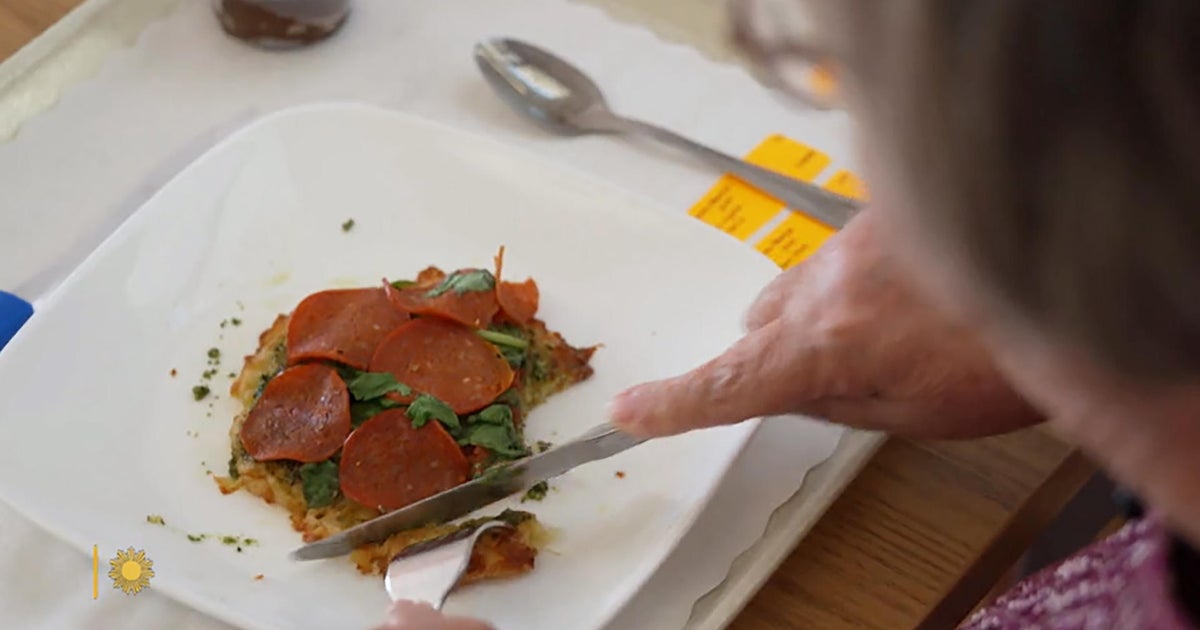
Watch CBS News
Be the first to know
Get browser notifications for breaking news, live events, and exclusive reporting.
CBS News
CBS News poll finds Trump starts on positive note as most approve of transition handling

President-elect Donald Trump’s incoming administration starts off with mostly good will from the public: a majority of Americans overall are either happy or at least satisfied that he won and are either excited or optimistic about what he’ll do as president.
Trump’s handling of his presidential transition gets approval from most Americans overall and brings near-universal approval from his voters, along with a net-positive response about his selections for Cabinet posts, in particular, Sen. Marco Rubio, who is Trump’s pick to be secretary of state.
After inflation and the economy so dominated the election, Americans are more inclined to think his administration will bring down prices for food and groceries rather than raise them, and his voters overwhelmingly say that. Going into the election, his backers expected that, too.
In a similar vein, Trump’s election already has some Republicans’ views of the economy improving.
Overall, Republicans today are more excited about what Trump will do as president now than they were in 2016 when he was first elected.
Democrats say they feel more scared about what Trump might do than they did in 2016, and a large majority of Democrats think as president he will threaten their rights and freedoms. But at the same time, there seems to be a sense of exhaustion, as fewer than half of Democrats feel motivated to oppose Trump right now.
Americans, and Democrats specifically, do think the Biden administration should work with the incoming Trump administration to ensure a smooth transition, and that congressional Democrats should work with Donald Trump on issues where they find common ground.
Trump and the economy
After winning comes expectations. There’s a net optimism about the incoming administration’s effect on food and grocery prices, especially among Trump’s voters. That comes as most Americans continue to say prices are currently rising. And inflation was a big factor in Trump winning in the first place.
It may be no surprise then that among many potential items for the incoming administration, Americans say plans to lower prices ought to be the top priority.
The percentage of Republicans who call the U.S. economy good, while still low, has gone up, as the percentage who call it very bad has dropped. That pushes voters’ overall evaluation of the economy slightly higher than it’s been this year — and further spotlights how much partisanship, along with optimism, always plays into these evaluations.
Trump selections of Cabinet and agency chiefs for his administration
Trump’s current selections for agency heads and Cabinet picks get rated overwhelmingly as good choices from Trump’s voters, and are net-positive as selections among Americans who have heard enough about them to say. (Many have not heard enough yet.)
As a general rule, Americans want Trump to appoint people who’ll speak their minds and who have experience in the field or agency they’ll run. But in addition to those qualities, Republicans also want people who’ll be loyal to Trump.
A large majority of Republicans and Trump voters think Elon Musk should have at least some influence in the Trump administration. Americans overall are more split on that, largely along partisan lines.
Big majorities of Americans — and a slight majority of Republicans — would like to see the Senate hold hearings on his nominations, rather than let him make those appointments without it.
(Within self-identified Republicans, MAGA Republicans are relatively more inclined to say the Senate should skip the hearings.)
That sentiment holds whether or not people are told or reminded that the Constitution says the Senate should give advice and consent.
As a general matter, though, most of Trump’s voters and most Republicans do want Trump to have more presidential power this term than he did in his last. That sentiment is higher among Republican voters now than during the campaign.
Trump policies
On another economic front, Trump’s voters overwhelmingly favor the idea of tariffs: most of them don’t believe that will make prices higher. (For the third who believe tariffs will raise prices but support them anyhow, this is presumably a cost they’re willing to bear.)
For the public overall, opposition to tariffs goes hand in hand with the belief they’ll lead to higher prices.
As was the case with voters throughout the campaign, most Americans would, in principle, approve of a new mass deportation program.
If the Trump administration does start a mass deportation program, most of the public would have it carried out by law enforcement or current immigration agencies — most would not have the U.S. military do it.
Elections and democracy
The 2024 results have shifted Republicans’ views of U.S. democracy and also returned some confidence to their view of U.S. elections. Few Republicans suspect fraud in 2024. They overwhelmingly did about 2020.
Following Trump’s victory, there’s been an increase in the number of Republicans who say democracy and rule of law is secure, though most Americans continue to say it is not.
Looking ahead, there’s another shift along partisan lines. Throughout the campaign, Republicans said America’s best days were in its past, while Democrats felt they were in the future. These views are reversed now. After Trump’s win, most Republicans feel America’s best days are in its future.
This CBS News/YouGov survey was conducted with a nationally representative sample of 2,232 U.S. adults interviewed between November 19-22, 2024. The sample was weighted to be representative of adults nationwide according to gender, age, race, and education, based on the U.S. Census American Community Survey and Current Population Survey, as well as 2024 presidential vote. The margin of error is ±2.3 points.








